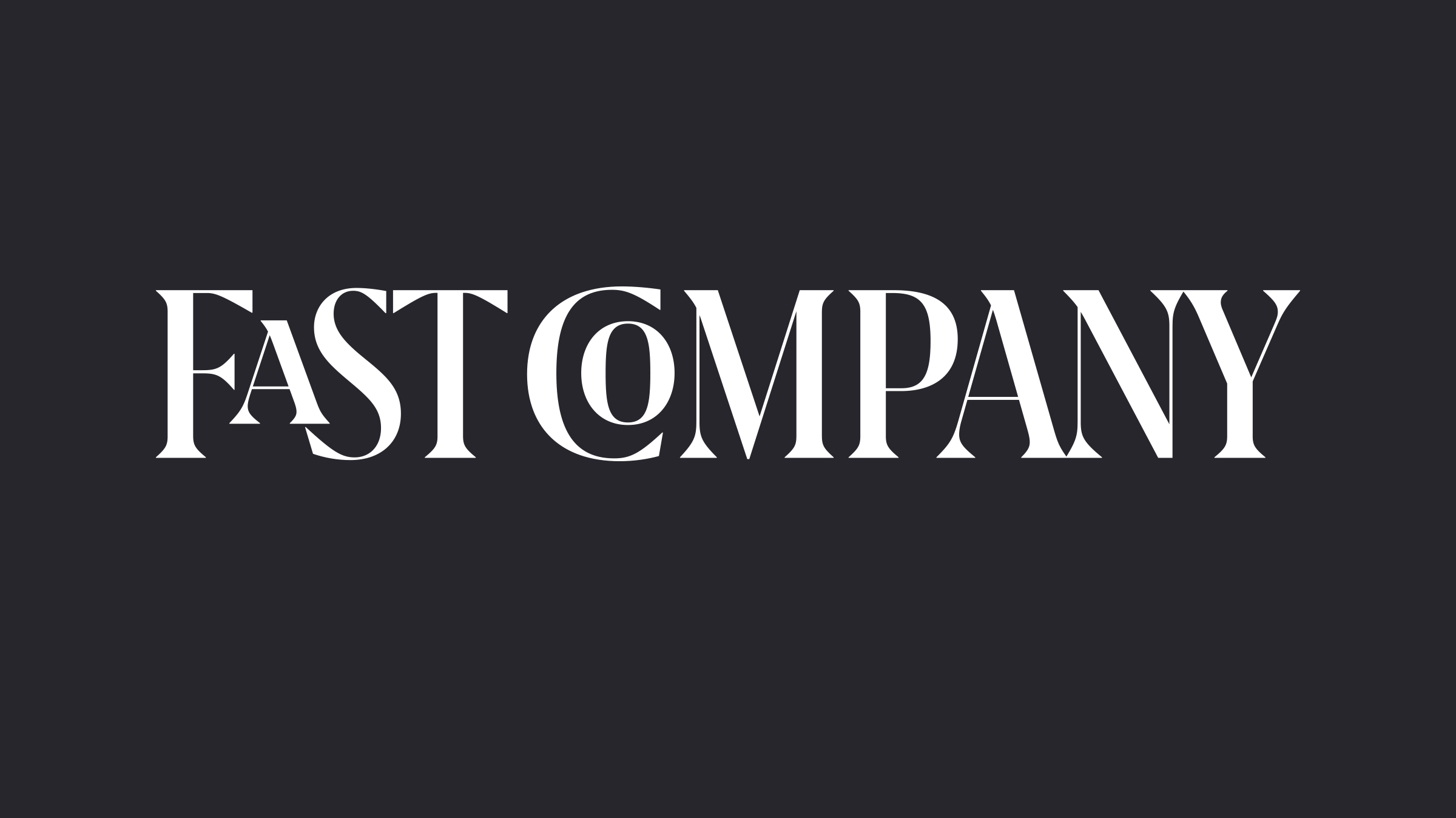In this excerpt from his new book, ‘Our Biggest Fight: Reclaiming Liberty, Humanity, and Dignity in the Digital Age,’ the Project Liberty founder describes how the internet became such a mess.
Before the Enlightenment spread across Europe, inspiring the likes of Thomas Paine and Thomas Jefferson in colonial America, most people were subjects. Their claim on life was quite literally subject to the discretion of a king or queen, and their livelihoods were determined by an accident of birth that left them obligated to serve the lord or baron on whose land they toiled.
Under American democracy, people became citizens, a concept that not only recognized their rights to liberty and the pursuit of happiness but also ensured that their votes—not some specious notion of divine right—would determine who governed them. It was a direct manifestation of the philosopher Jean-Jacques Rousseau’s notion of popular sovereignty, which proposed that governments have a legitimate claim on power only when they are derived from the “general will of the people,” a situation that creates what he called a “social contract” between the government and the people.
Read the full piece from Fast Company here.
